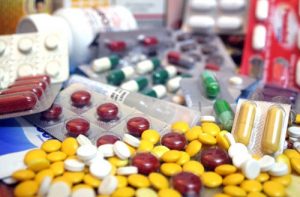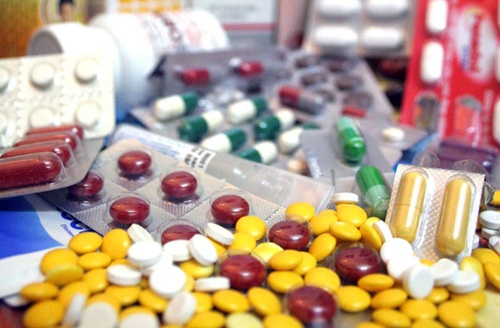 The Ministry of Health, under the presidential investor Round Table has been tasked to support domestic pharmaceutical manufacturers in doing business in Uganda. This is to be realized through the implementation of 12% Verification fee on selected imported medicines.
The Ministry of Health, under the presidential investor Round Table has been tasked to support domestic pharmaceutical manufacturers in doing business in Uganda. This is to be realized through the implementation of 12% Verification fee on selected imported medicines.
Yoweri Kaguta Museveni, the President of Uganda says that this action will attract more pharmaceutical manufactures to set up industries in the Country.
“This will not only promote access to safe, efficacious and quality medicines for our population, but create linkages to other sectors like packaging, construction and others. In addition, the presence of local manufacturing industries will also create jobs for the hundreds of jobless youth and ensure that Uganda is self-sustaining in terms of Pharmaceutical products.” Read part of the Presidential directive.
Sarah Opendi, minister for health says that supporting domestic production of human and veterinary medicines and health care products will reduce reliance on imports, and contribute towards national, development aspirations of industrialization as provided for in the current vision 2040, the NRM manifesto, the health Sector Development Plan (2015- 2020) National Pharmaceutical Sector Strategic Plan (2016 – 2021), and the National Drug Authority Strategic Plan (2016 – 2021).
Honorable Sarah Opendi, Minister of State for health (general duties)/ also holding the portfolio for the Minister of Health
“Effective August 1st, 2017, the Government of Uganda will increase verification fees from 2% to 12% on 37 selected medicines that are locally manufactured. These include Amoxillin, Albendazole, Dextrose Infusion, Paracetamol, and Oral Rehydration Salts to mention but a few. This selection was made following the Ministry of Health and NDA’s assessment of the domestic manufacturers’ capacity to sufficiently meet the demand for the 37 selected medicines.” Read part of the press statement issued on 10th July 2017.
The increase in verification charges is aimed at discouraging importation of drugs not manufactured in Uganda. This will also enable economic growth. Upon assessment of the country’s needs, what is produced locally is adequate to meet our demands as a country and meets the National Quality Standards.
The fees for donor funded commodities will remain at 2%.
Ministry of Health has also tasked the National Drug Authority to establish a rigorous post market surveillance system which will ensure that all the medicines on the market, both imported and locally manufactured are closely monitored for safety, efficacy and quality.
In the FY 2017/18, the Authority also plans to invest Uganda Shillings 2.7 Billion in equipping the National Quality Control Laboratory to detect all substandard and falsified medicines on the market.
Opendi is convicted that with such measures, the availability of safe efficacious and good quality medicines to all Ugandans will not in any way be compromised.

